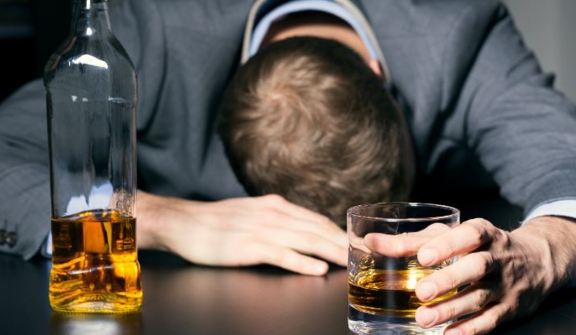
However, if you're participating in Sober October this year, you're likely already experiencing some positive changes in your health, according to Karen Tyrell, the CEO of the charity Drinkaware, if you avoid alcohol.
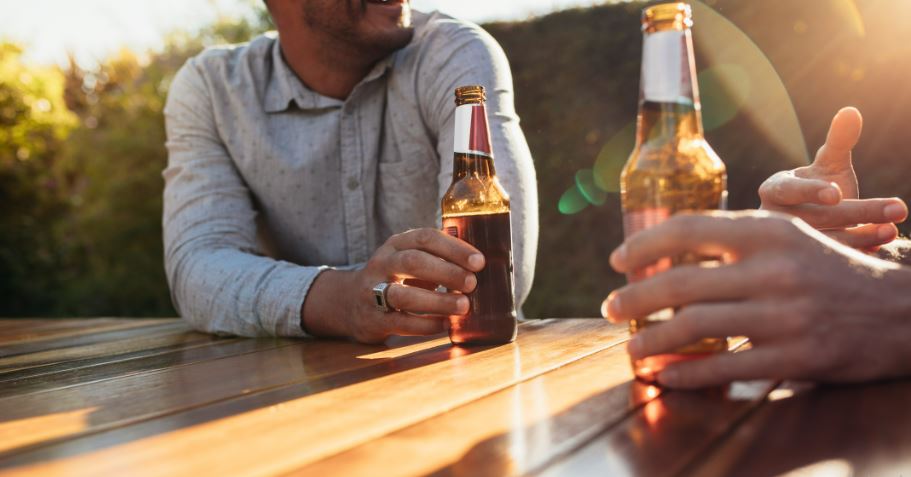
According to a report by the Daily Mail, Tyrell breaks down the effects of giving up alcohol on your body. Tyrell notes that abstaining from alcohol can lead to an improved mood in the mornings and a reduced risk of seven types of cancer and liver disease
Alcohol is known to be a depressant and can exacerbate feelings of anxiety, so embarking on a sober journey can enhance your mental well-being.
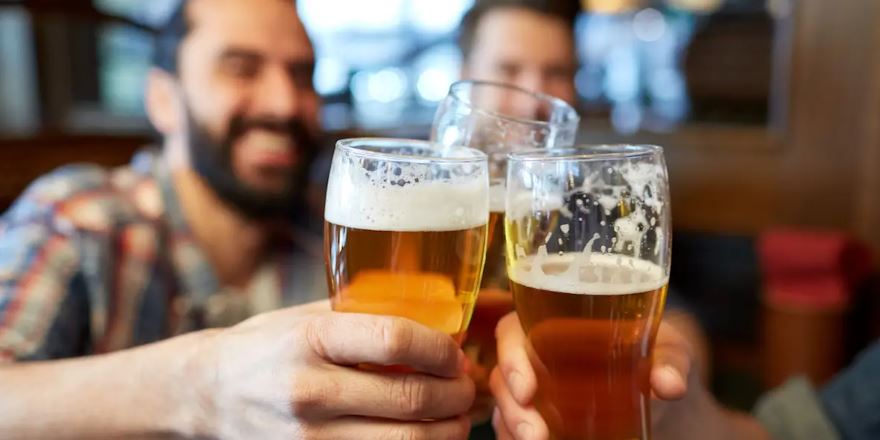
By abstaining from alcohol, you bid farewell to the discomfort of hangovers, which means no more mornings plagued by nausea, fatigue, or irritability. Instead, you can anticipate feeling refreshed after a restful night's sleep.
Karen Tyrell explained that: 'If you stop drinking completely, one of the first things you notice should be better sleep and finding it easier to wake up in the morning'
This is because alcohol disrupts a crucial phase of the sleep cycle. But improved sleep quality isn't the only benefit that contributes to a more vibrant you.
She added: 'So, while you might initially feel relaxed after a drink, alcohol can contribute to feelings of depression and anxiety.
'Not drinking makes feelings of stress and anxiety easier to deal with.'
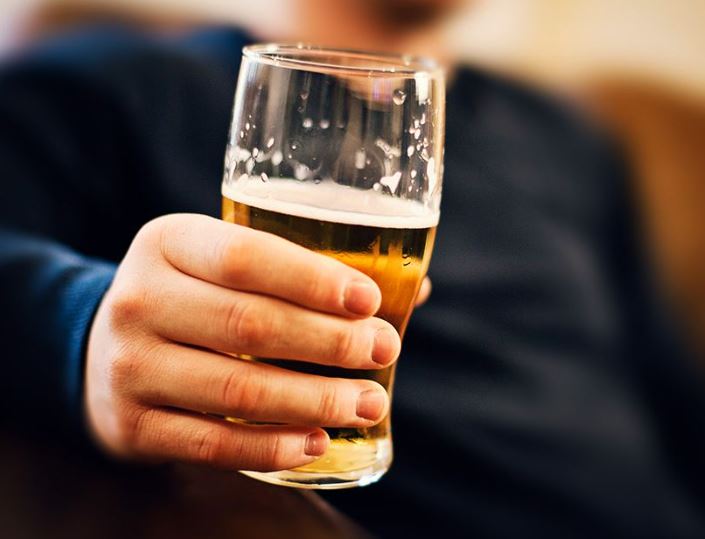
Alcohol can dehydrate the skin, leaving it looking bloated, dull, and dry. Two weeks of alcohol abstinence can result in healthier, glowing skin.
Alcohol acts as a diuretic, encouraging the body to expel urine. Consequently, when you consume alcohol, your skin misses out on the fluid and nutrients needed to stay healthy.
Moreover, alcohol can trigger flare-ups of skin conditions like psoriasis, characterized by flaky skin, and rosacea, causing facial redness. Whether you're quitting alcohol altogether or simply cutting back, you'll notice an improvement in your skin's radiance as it becomes better hydrated.
Drinkaware cautions that prolonged alcohol abuse can lead to jaundice, a yellowing of the skin and whites of the eyes.
Abstaining from alcohol will help you shed pounds, and you may see noticeable changes in your waistline within just a few weeks of sobriety.
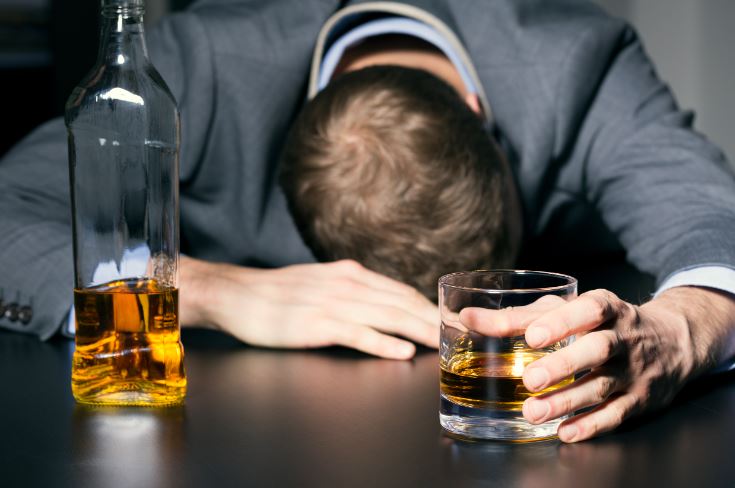
Alcohol contains approximately seven calories per gram, equivalent to the calories in pure fat. A pint of beer packs over 200 calories, while a standard 175ml glass of wine contains more than 150 calories, according to the NHS.
To put it in perspective, that's comparable to the calorie content of a glazed doughnut or two chocolate digestives, respectively.
'If you're overweight and regularly drink alcohol, you should find that your weight falls noticeably after you stop', says Ms. Tyrell.
Alcohol is associated with seven distinct types of cancer, including bowel cancer, breast cancer, liver cancer, and mouth cancer, So, giving it up does have a huge impact on your health.
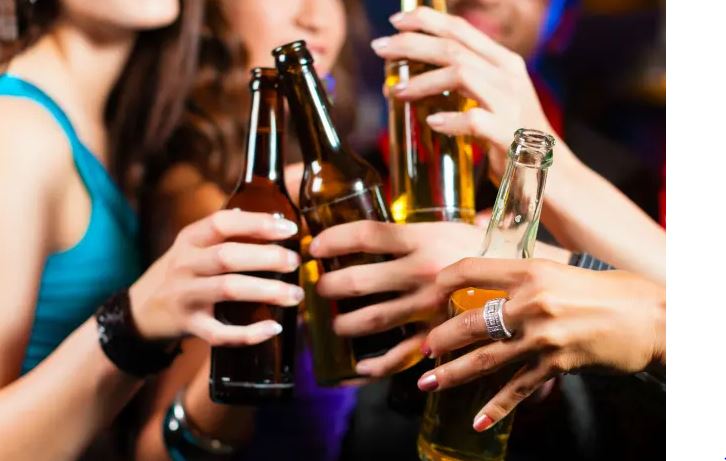
Karen Tyrell explains, 'Even though the liver is a resilient organ which can recover after damage, the risks of developing liver cancer or cirrhosis of the liver starts at low levels of drinking and increases the more you drink'
'Stopping drinking or giving your liver a regular break can allow it a chance to repair, but the less you drink the more you reduce your risk.'
The liver's typical functions involve filtering toxins from the bloodstream, regulating sugar and cholesterol levels, and bolstering the body's defenses against infections and diseases. By abstaining from alcohol, you allow the liver to focus on performing these essential functions instead of constantly filtering alcohol.
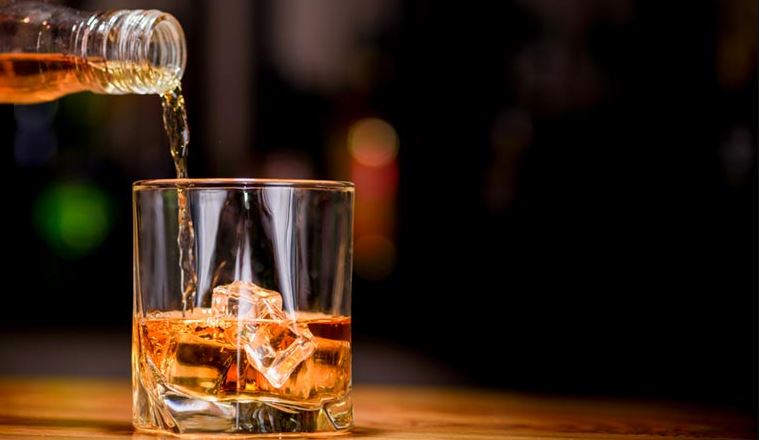
According to NHS, Some damage to the liver from drinking is irreversible, But going sober can still prevent further damage and illness




